Microsoft and Nokia: A gamble worth taking?
Does just over $7bn buy Microsoft a place at the mobile top table? Simon takes a look...

Just as Google found when it snapped up the Motorola mobile business, there are uncomfortable moments when the firm behind an operating system that's non-exclusively licenced dips its toe in the hardware market.
Still, there had been signs of Nokia arresting its decline. Furthermore, its willingness to aggressively price its phones and still laden them with features has worked in its favour (albeit it doesn't do its margins many favours).
Impact
So what are the ramifications of the deal? Well, firstly, Microsoft will find itself in direct competition with some of its own customers, something that it'll have to carefully negotiate. The Nokia handset business, and access to the accompanying patents, will be under Microsoft control, and the products that result from the reunion will use - as you'd expect - Microsoft's Windows Phone operating system. So, however, do other manufacturers. And just as Google found when it snapped up the Motorola mobile business, there are uncomfortable moments when the firm behind an operating system that's non-exclusively licenced dips its toe in the hardware market. And, in truth, it's far more than toe-dipping: it's a full on assault at the sector.
Secondly, it sees Microsoft entering the smartphone hardware market, contrary to previous claims. Microsoft-branded phones are surely just a matter of time.
Thirdly, it arguably gives Microsoft its last big throw of the dice for some time in this particular market. It's little secret that its failure to fully embrace and succeed in the mobile sector has posed long-term questions for Microsoft, especially with a chunk of the market moving away from traditional desktop and laptop computers in favour of tablets (Microsoft's Surface range is enduring sluggish sales). And whilst on paper Nokia looks like a fairly weak competitor in the sector, Microsoft may just have the clout to do something with it.
Sign up today and you will receive a free copy of our Future Focus 2025 report - the leading guidance on AI, cybersecurity and other IT challenges as per 700+ senior executives
-
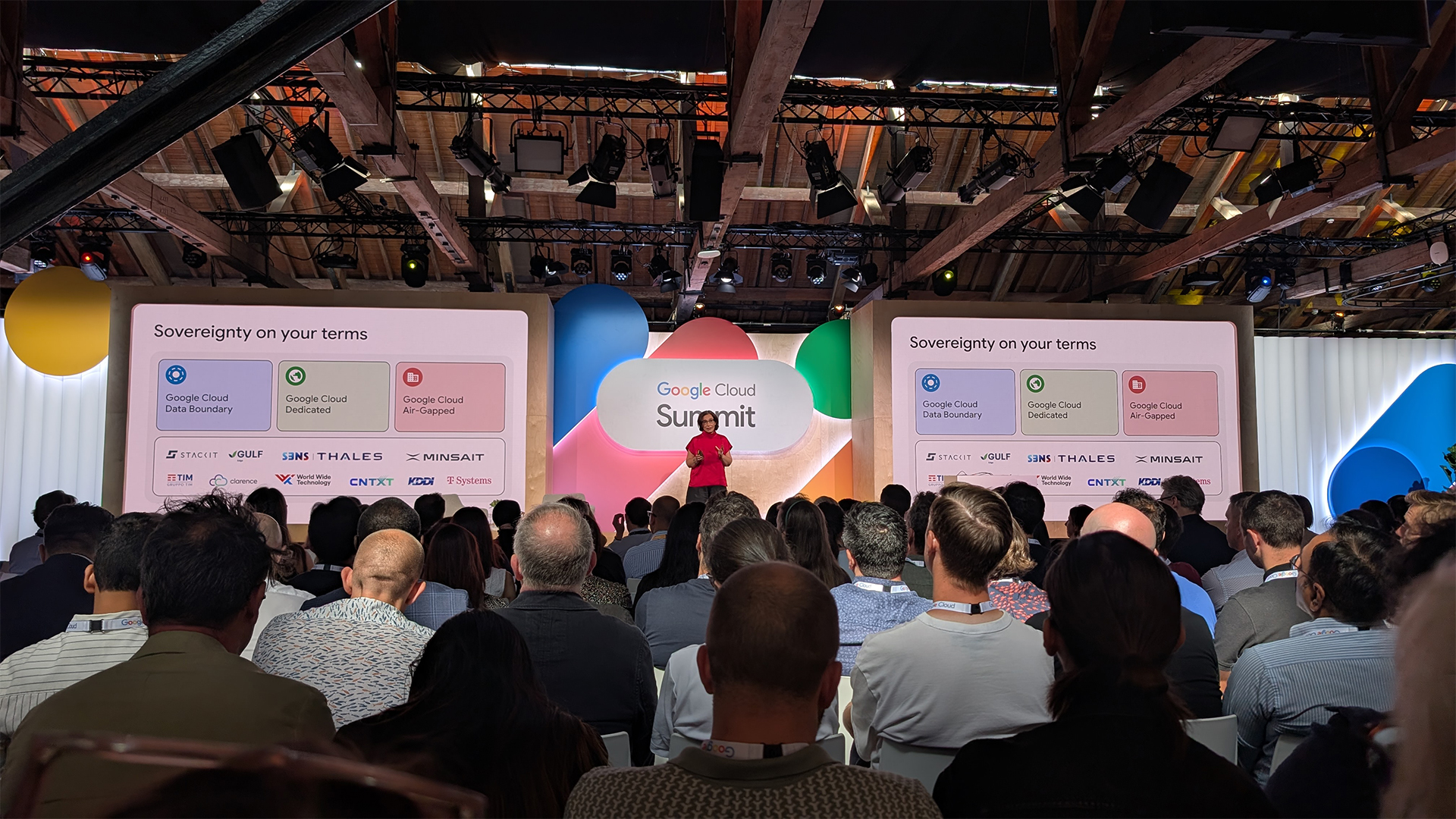 Google Cloud announces new data residency flexibility for UK firms, accelerator for regional startups
Google Cloud announces new data residency flexibility for UK firms, accelerator for regional startupsNews UK-specific controls and support for up and coming AI firms is central to Google Cloud’s UK strategy
-
 Workers are covering up cyber attacks for fear of reprisal – here’s why that’s a huge problem
Workers are covering up cyber attacks for fear of reprisal – here’s why that’s a huge problemNews More than one-third of office workers say they wouldn’t tell their cybersecurity team if they thought they had been the victim of a cyber attack.
-
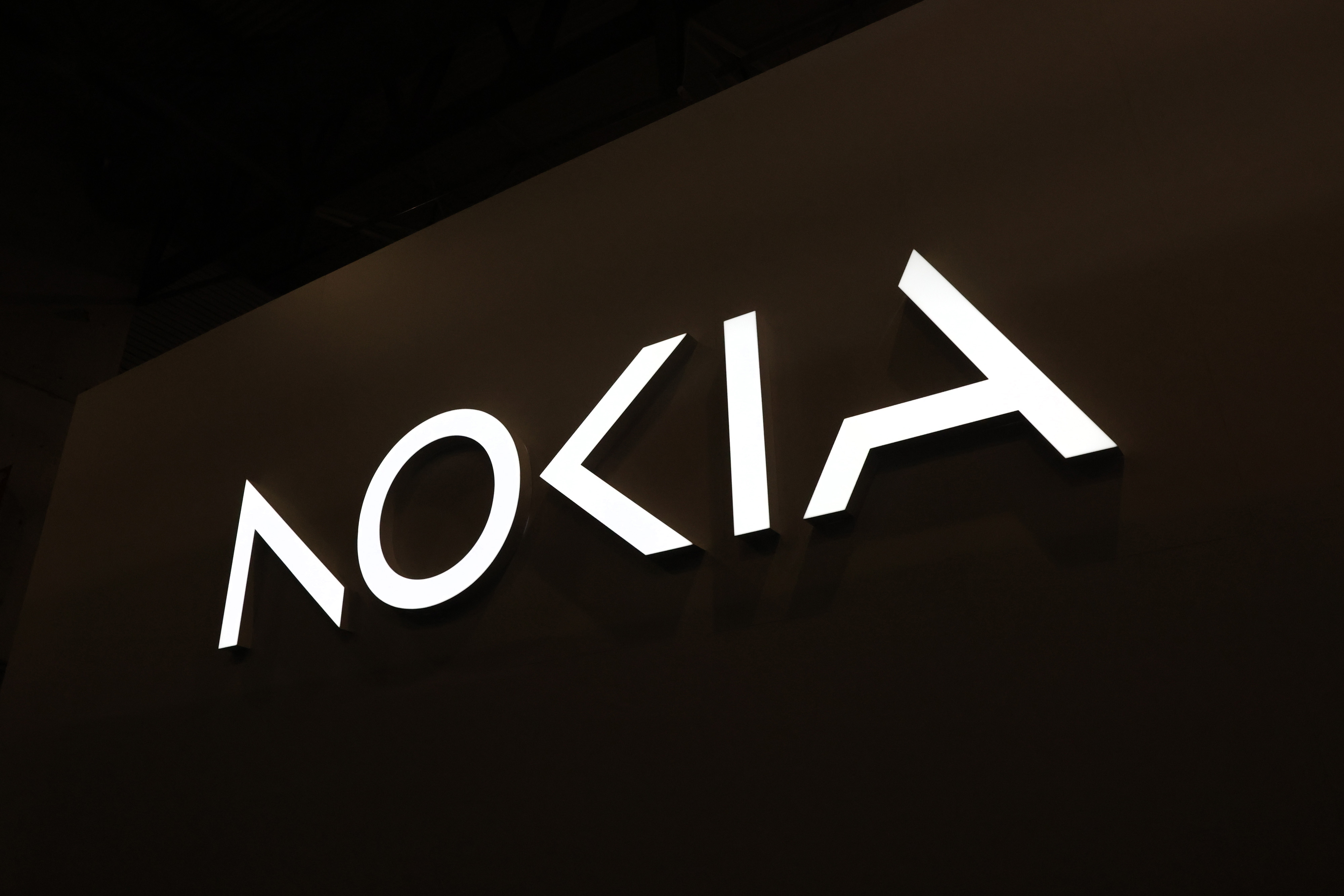 Nokia to cut 14,000 jobs as demand for telecoms equipment plummets
Nokia to cut 14,000 jobs as demand for telecoms equipment plummetsNews Nokia said the move could deliver up to $1.37 billion in cost savings
-
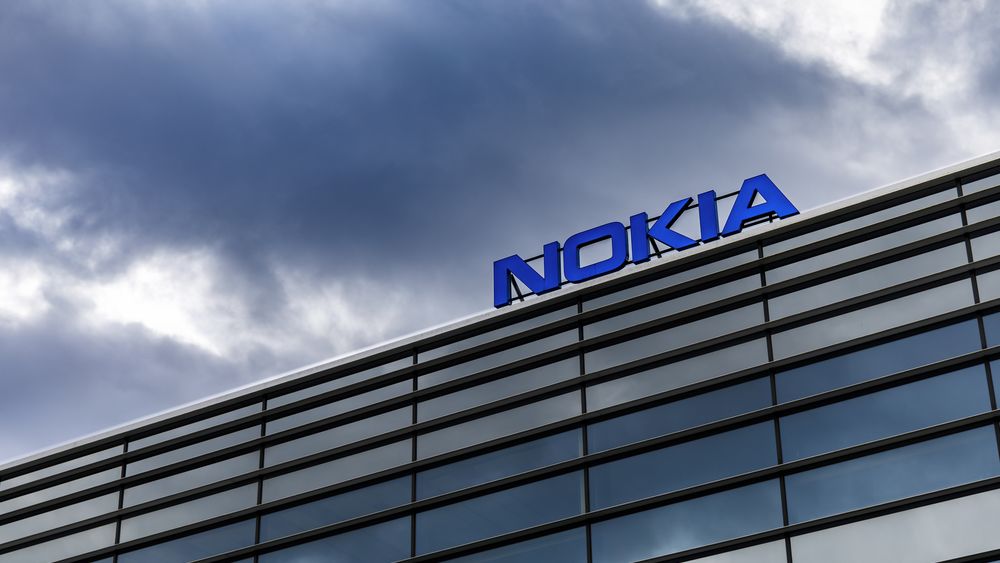 Nokia to cut 10,000 jobs in bid to boost R&D funds
Nokia to cut 10,000 jobs in bid to boost R&D fundsNews The Finnish telecoms giant plans to save €600m over the next two years to reinvest into emerging technologies
-
 Nokia acquires Comptel to leverage software business
Nokia acquires Comptel to leverage software businessNews Mobile infrastructure firm will offer its customers better analytics capabilities
-
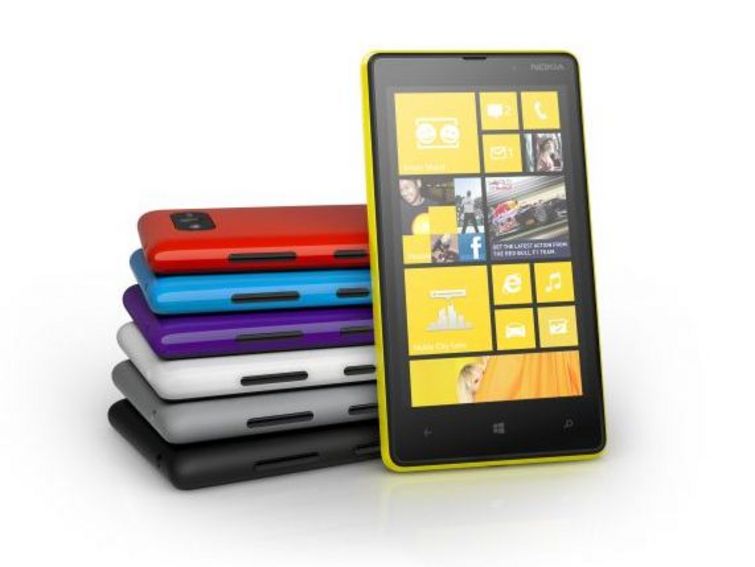 Curtain falls on Nokia's smartphones
Curtain falls on Nokia's smartphonesIn-depth Microsoft is dropping the Nokia brand from its Windows smartphones. It is the end of an era
-
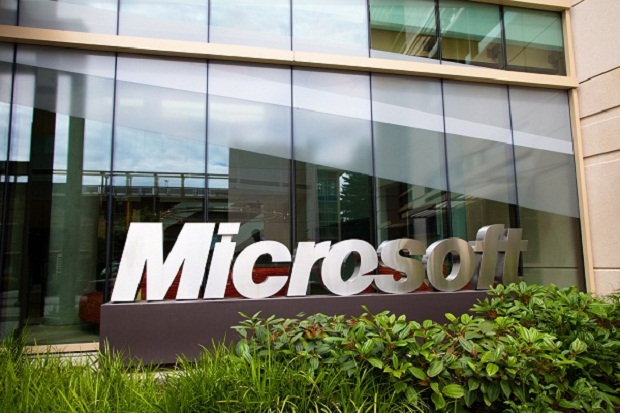 Microsoft ditches Nokia branding on Lumia devices
Microsoft ditches Nokia branding on Lumia devicesNews The company has decided to drop the Nokia name, but will keep the Lumia branding
-
 Microsoft job cuts: 18,000 workers will be gone by June 2015
Microsoft job cuts: 18,000 workers will be gone by June 2015News Nokia staff to make up the brunt of those axed
-
 Microsoft makes changes to Nokia acquisition deal
Microsoft makes changes to Nokia acquisition dealNews Nokia to be rebranded as Microsoft Mobile, according to memo
-
 Nokia bags Chinese approval for Microsoft phone deal
Nokia bags Chinese approval for Microsoft phone dealNews Finnish phone maker wins regulatory approval to sell off its phone business